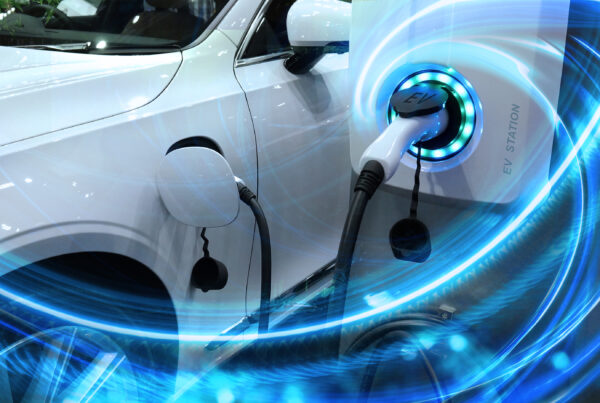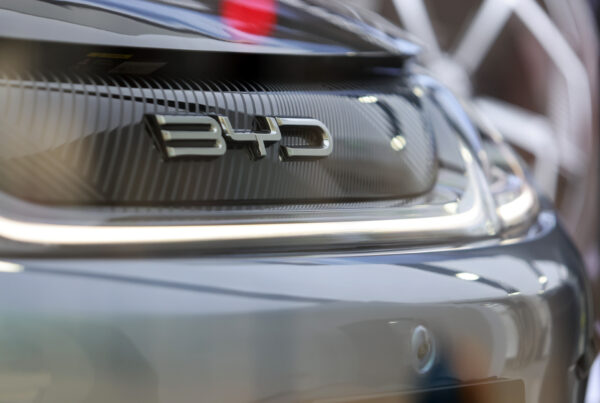Electric vehicles are four times cleaner for the environment when being driven in New Zealand than in Australia.
Massey University Professor Ralph Sims is part of the Intergovernmental Panel on Climate Change, and said because electricity generation in New Zealand was mostly renewable, it was one of the best countries to own an electric vehicle in.
“Electric cars are far more efficient in terms of greenhouse gas emissions if the electricity is renewable electricity,” Sims said.
“In New Zealand, 80-85 per cent of electricity is renewable, and therefore the emissions per kilometre or per passenger kilometre are a lot lower with an electric vehicle than they would be for a petrol or diesel vehicle.
“If on the other hand that electric vehicle’s running in Australia, or China or other countries where coal-fired power is where the electricity comes from, then you can actually produce more greenhouse gas emissions per passenger kilometre because of the form of generation.
“So from New Zealand’s point of view, it’s a real advantage having an electric vehicle in terms of the emissions from the fuel from the electricity.”
The study found that an EV run in New Zealand emits between 30 and 40 grams of carbon dioxide per passenger kilometre travelled while a comparative petrol car emits between 130g and 170g, and a diesel car emits between 120g and 150g of carbon dioxide per passenger kilometre travelled.
However in Australia, that same electric car would emit between 80g and 130g of carbon dioxide per passenger kilometre travelled.
Sims said a further study by the IPCC looking at the entire life cycle of an electric vehicle was due out in 2022.


















